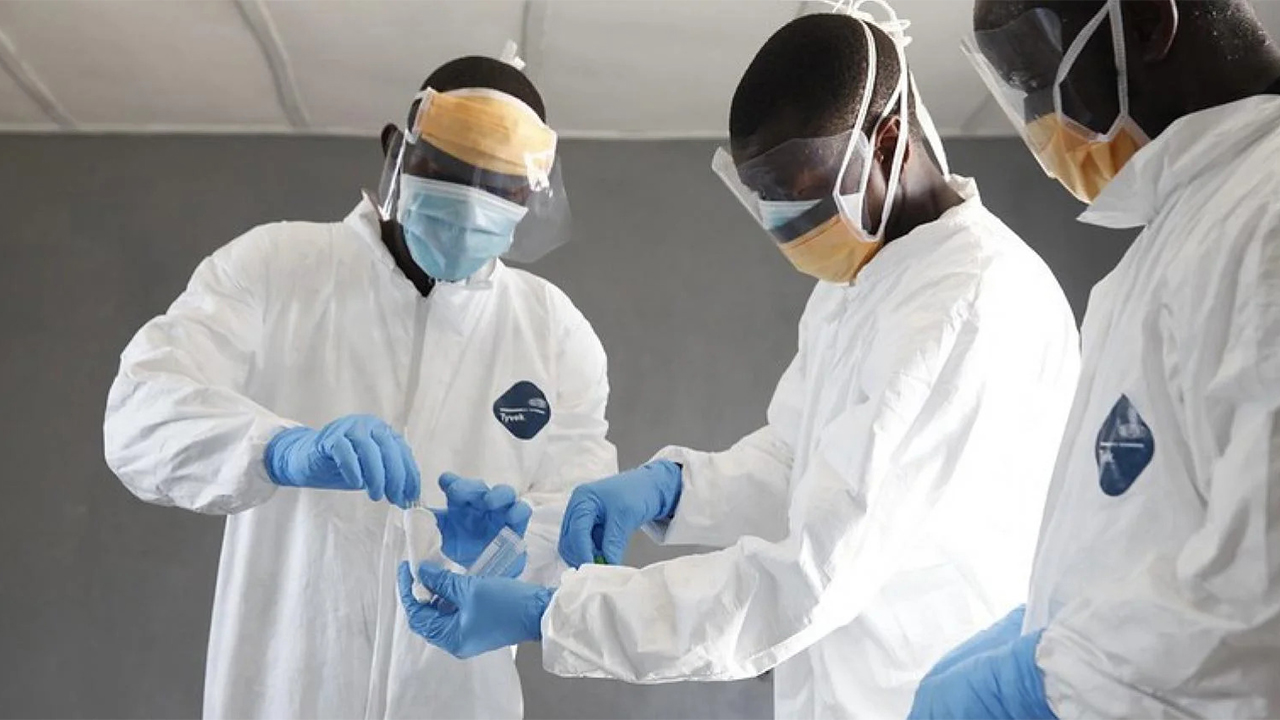In the face of global health crises, the collaboration among Commonwealth nations has showcased remarkable resilience, solidarity, and adaptability. The COVID-19 pandemic stands as a stark example of how these nations have come together to respond to unprecedented challenges. This article delves into the collaborative efforts and the lessons learned from the Commonwealth’s response to the pandemic, highlighting best practices for future global health crises.
1. Early Information Sharing and Cooperation: One of the fundamental pillars of the Commonwealth’s response was the emphasis on sharing timely and accurate information. Nations within the Commonwealth recognized the importance of transparently sharing data about the virus’s spread, clinical insights, and response strategies. This early sharing of information enabled countries to better understand the virus, refine their response plans, and make informed decisions.
2. Mutual Aid and Resource Sharing: The pandemic underscored the significance of mutual aid and resource sharing among Commonwealth nations. Countries with stronger healthcare systems extended support to those facing overwhelmed healthcare infrastructures. The sharing of medical supplies, equipment, and expertise showcased the collective spirit of the Commonwealth, ensuring that no member nation was left behind in the fight against the virus.
3. Research Collaboration: Commonwealth nations leveraged their collective research capabilities to accelerate the development of diagnostics, treatments, and vaccines. Collaborative research initiatives facilitated the sharing of scientific knowledge, enabling scientists and researchers to work together to find solutions. This collective effort led to the rapid development of vaccines, marking a pivotal milestone in the pandemic response.
4. Strengthening Health Systems: The pandemic exposed vulnerabilities in healthcare systems across the globe. Commonwealth nations recognized the need to strengthen their healthcare infrastructures to effectively respond to health crises. By sharing best practices in healthcare management, infrastructure development, and crisis preparedness, member nations enhanced their collective ability to withstand future challenges.
5. Socioeconomic Support and Resilience: The pandemic’s socioeconomic impact was profound, affecting livelihoods and economies worldwide. Commonwealth nations collaborated to devise strategies for mitigating the economic fallout and supporting vulnerable populations. Sharing insights on financial aid, social welfare programs, and economic recovery plans helped member nations build resilience against the pandemic’s multifaceted effects.
6. Communication Strategies: Effective communication emerged as a cornerstone of pandemic response. Commonwealth nations embraced clear and consistent communication strategies to disseminate accurate information, counter misinformation, and promote public health measures. By learning from one another’s successes and challenges in communication, member nations optimized their public health messaging.
7. Multilateral Diplomacy: The pandemic highlighted the importance of multilateral diplomacy in managing global health crises. Commonwealth nations engaged in diplomatic efforts to ensure equitable access to vaccines, treatments, and medical supplies. This collaborative advocacy demonstrated the power of unified voices in addressing global health inequalities.
8. Learning from Challenges: The pandemic was not without its challenges, and Commonwealth nations learned valuable lessons from these obstacles. Issues such as vaccine distribution disparities, misinformation propagation, and logistical hurdles shed light on areas that require collective attention. By acknowledging these challenges, member nations are better prepared to address them in future health crises.
In conclusion, the Commonwealth’s response to the COVID-19 pandemic exemplifies the strength of international collaboration in times of global health crises. The lessons learned and best practices established through this collective effort pave the way for more effective responses in the future. Timely information sharing, mutual aid, research collaboration, and strengthened health systems are among the key takeaways that will continue to guide Commonwealth nations and the global community in safeguarding public health. As the world continues to grapple with uncertainties, the Commonwealth’s united front sets a compelling precedent for international cooperation in the face of adversity.








